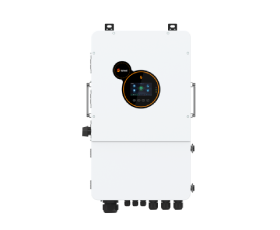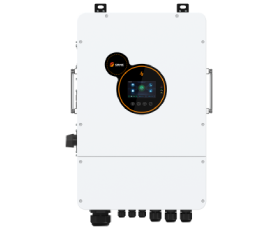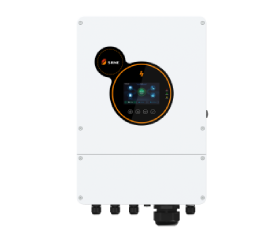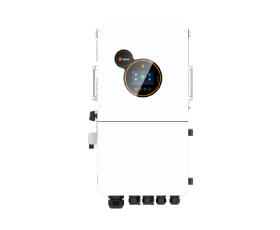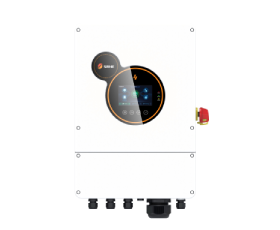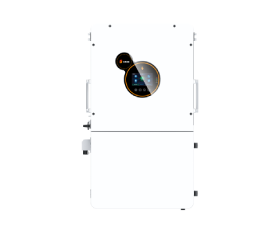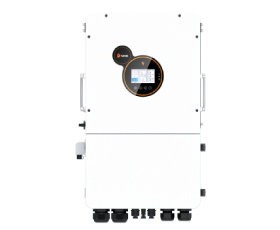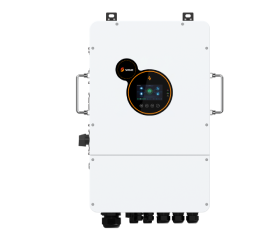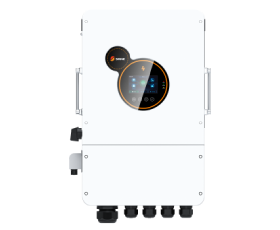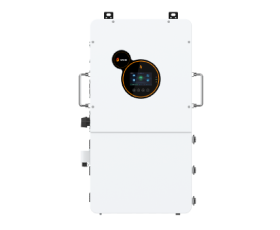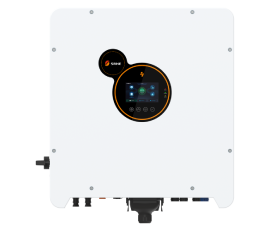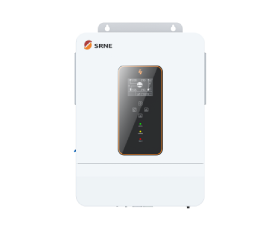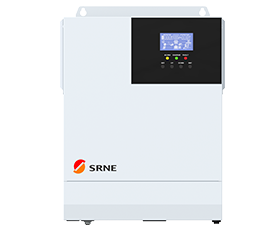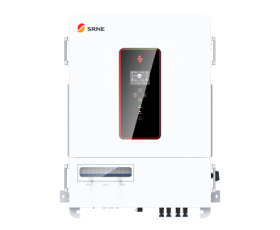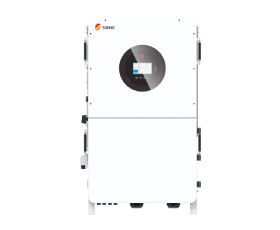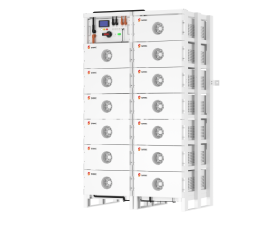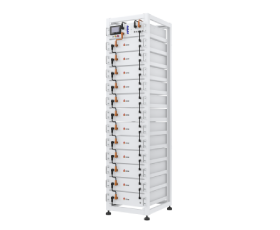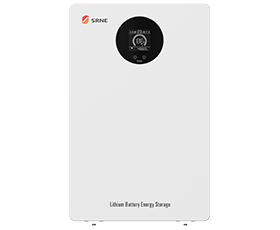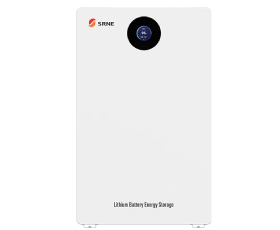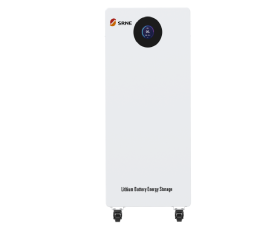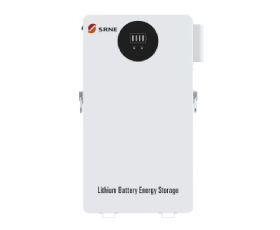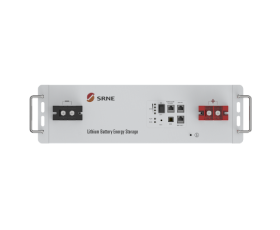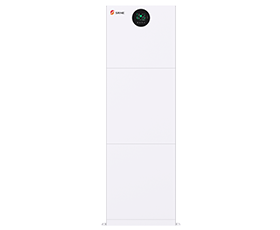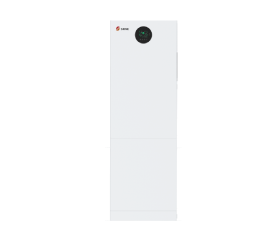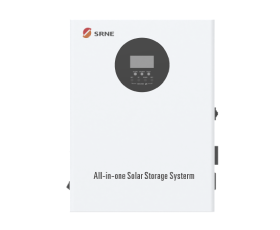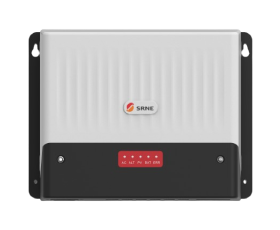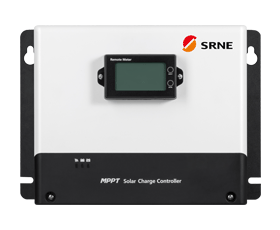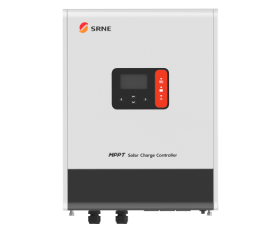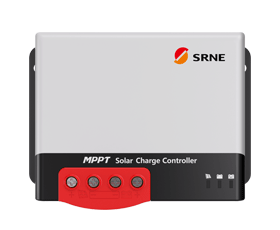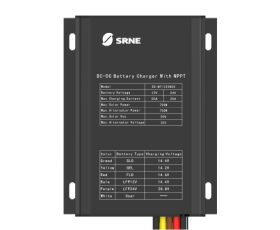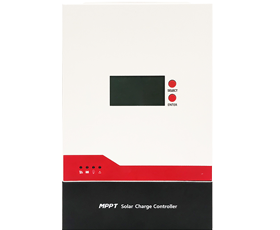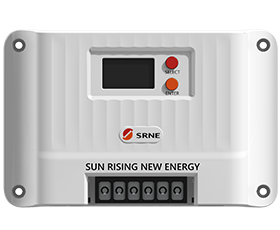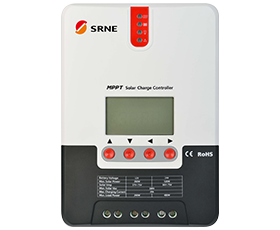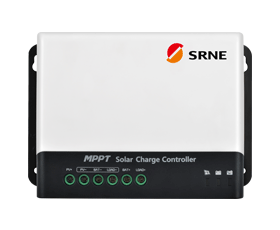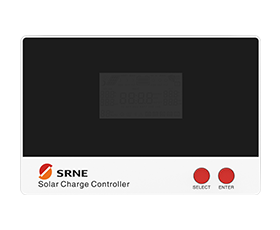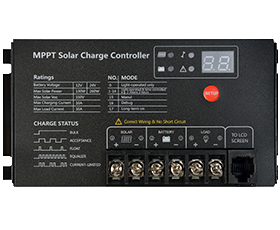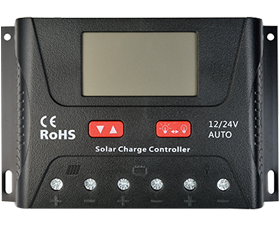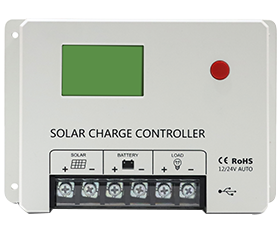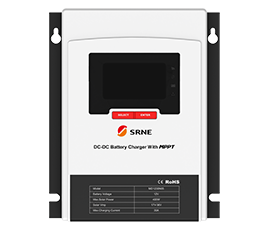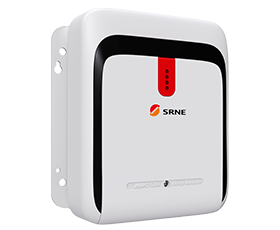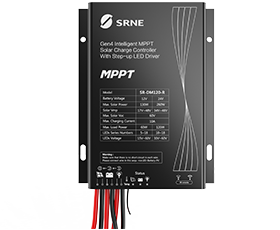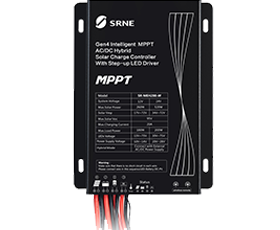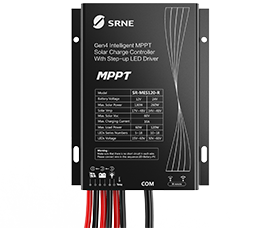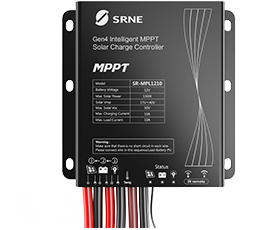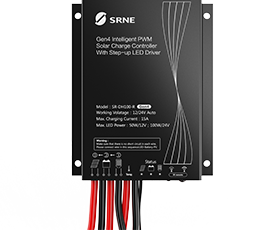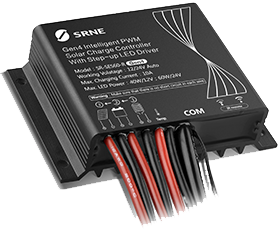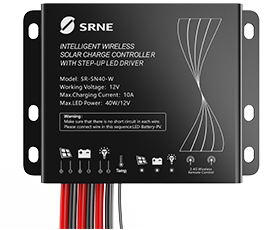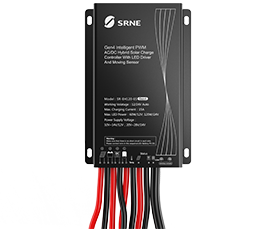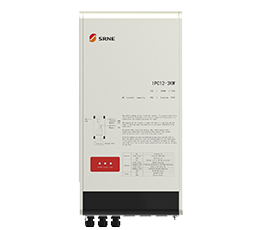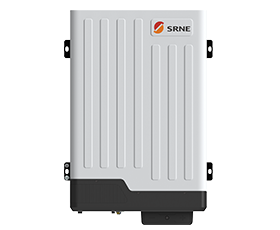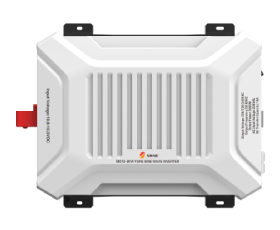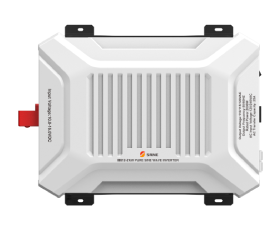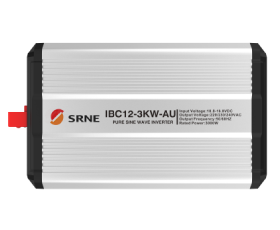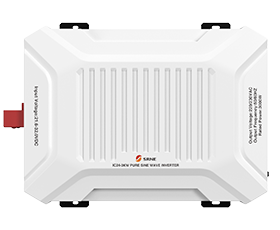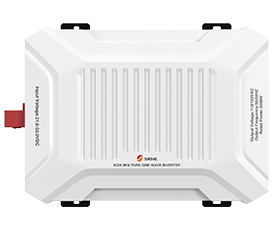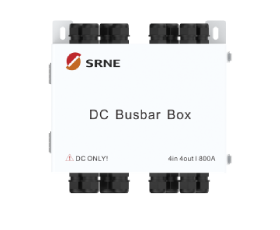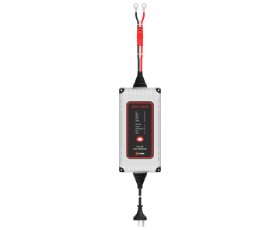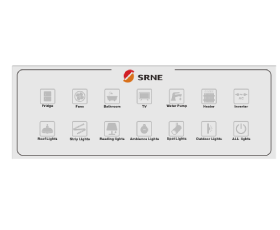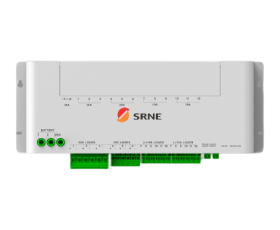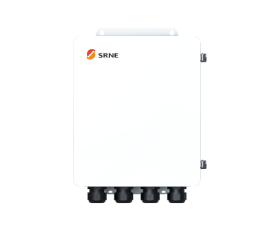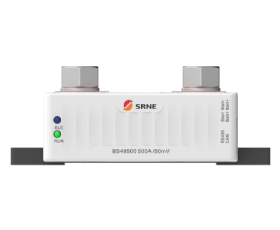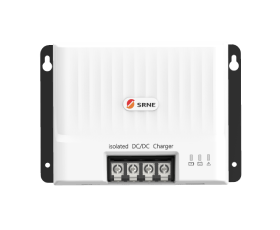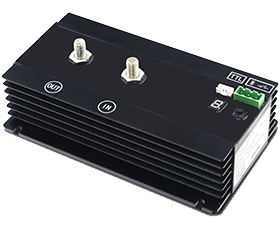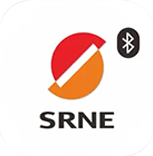Solar Panel Warranties: What Solar Installers Need to Know
When you are getting ready to invest in solar panels, you may start thinking about your solar panel warranty. Solar panel warranties protect your solar investment and are an important part of any solar installation. With no moving parts, solar panels seldom need maintenance or repair for the lifetime of the system, which allows manufacturers and installers to confidently offer long warranties.
This article will help you learn more about the solar panel warranties and get the best possible solar investment.
A solar panel warranty is a guarantee from a solar manufacturer or an installer that protects the customer for panel reliability and production output. The two main types of warranties are performance warranty and product warranty.
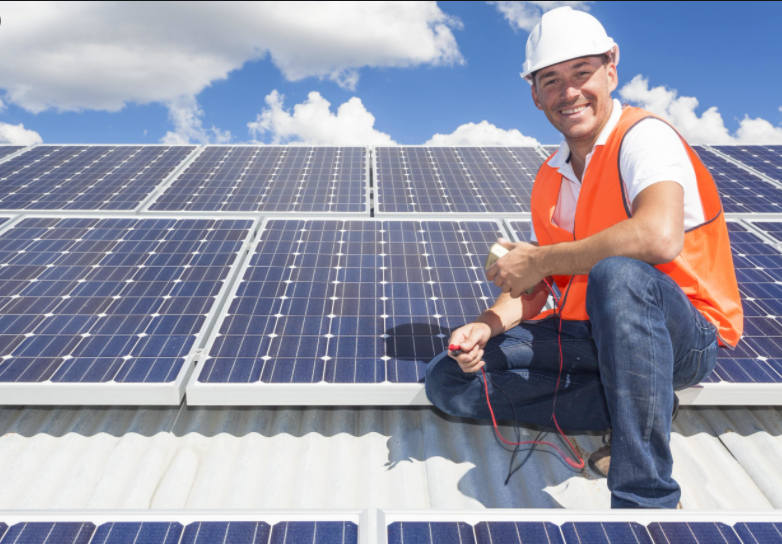
Performance Warranty
A performance warranty guarantees a solar panel installation will meet or exceed a baseline electric production output over the lifetime of the panels.
The amount of electricity a solar panel produces declines slightly every year. That’s a truth for all solar panels, but to varying degrees. A common practice In the solar energy industry is to guarantee that the solar panels will not lose more than 10%-20% of their power output capacity over the first 25 years and is a crucial benefit of a good solar panel warranty. That is to say, solar panel manufacturers generally guarantee that their panels will produce electricity at 80%-90% of their power output rating at the end of 25 years.
For example, your solar power system was installed correctly and gets adequate sunlight, but the energy production of your system is below the desired output. This bad performance is likely a result of a faulty solar panel. Later, the performance warranty will kick in, and you will be able to repair or replace the problem solar panel(s).
Performance warranties guarantee that a solar installation will allow an owner to buy little or no direct electricity from a utility, minimizing dependence on the grid. It is worth mentioning that the performance warranty does not guarantee a specific amount of energy production for your solar power system, it guarantees that each panel has the ability to produce a certain amount of power on its own.
Product Warranty
A solar panel product warranty is also referred to as a material or workmanship warranty. This warranty covers the physical aspects of the solar panel, including any manufacturing defects or equipment failure.
While solar panels are very durable, we seldom heard that a panel failed, most durability issues are results of faulty wiring or corrosion. Therefore, most manufacturers offer 10 to 12-year product warranties. A few premium warranties will extend out as long as 25 years.
Generally, the warranty will cover the cost of replacing one or more faulty panels with a new panel for things such as faulty wiring, corrosion and premature wear. Besides, labor costs are included in some warranties. Depending on the manufacturer, a labor warranty can be offered at a separate charge.
Why do we need a solar panel warranty?
Evaluating and comparing the product warranty coverage of panel manufacturers can help you assure that your service and support needs will be covered if a solar panel problem ever occurs. Manufacturers’ product warranties are therefore an important complement to other considerations in assessing not only a panel manufacturer’s technical specifications but also its business practices. In case a solar panel fails, the manufacturer will ship you a replacement panel and in some cases, even pay for shipping cost and labor cost to replace it.
Conclusion
Solar panels are tested and rated to withstand high winds, hail and heavy snow without issue. Your warranties cover the exceptions to these rules. If you happen to be unlucky with your solar installation, you’ll feel very lucky if you have great warranties in place.
Spending a bit of time examining the warranties you have been offered will give you a good insight into how all the different companies operate. This may help you to make your mind up about whom to place your order with, so you have more to consider than just the price tag.



















